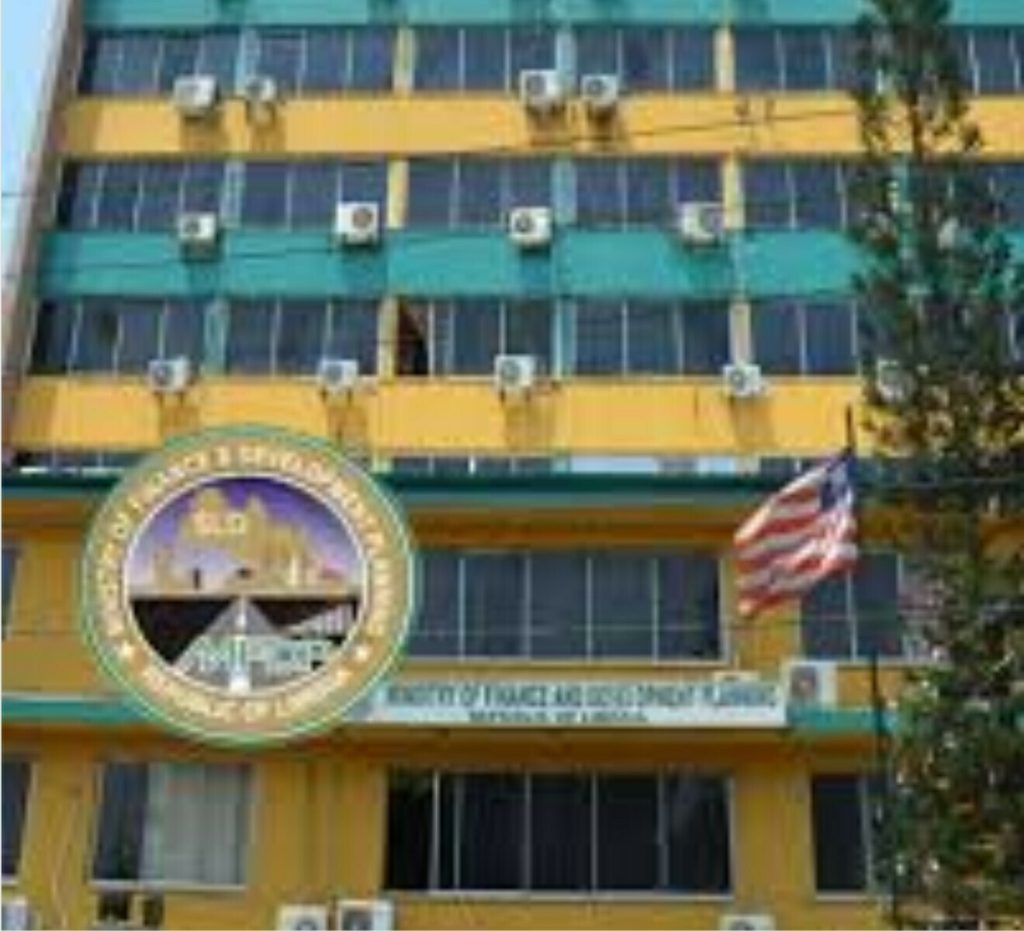Liberia’s escalating public debt, reaching $2.69 billion or 58.9% of GDP by June 2025, necessitates a fundamental shift in the nation’s economic strategy. While borrowing has served as a temporary fix for budget deficits, a long-term, sustainable revenue generation strategy is crucial for genuine economic progress. Over-reliance on borrowing creates a vicious cycle where future revenues are diverted to debt servicing, limiting investments in critical sectors like infrastructure, education, and healthcare. This dependence must be broken by implementing policies that foster economic diversification, enhance tax efficiency, and promote responsible fiscal management.
The Liberian government’s reliance on borrowing has become a critical concern. The 2025 budget reveals a substantial deficit of $17.8 million, further reinforcing the need for a sustainable solution. While borrowing can provide short-term stability by ensuring public services and infrastructure projects continue, the current approach is unsustainable. The substantial portion of revenue allocated to debt servicing restricts the government’s ability to invest in growth-enhancing sectors. This underscores the need for a paradigm shift, transforming borrowing from a short-term fix into a strategic tool for long-term economic growth by directing funds towards productive investments with high returns.
While short-term borrowing can help maintain fiscal stability and support essential services, it should be viewed as a temporary measure rather than a permanent solution. The Central Bank of Liberia’s efforts to stabilize the Liberian dollar and boost investor confidence through a market-determined exchange rate are commendable. However, the fluctuations in the Liberian dollar and the persistent inflation rate indicate ongoing economic challenges. Targeted borrowing at favourable terms, coupled with strategic investments, can alleviate short-term hardships and create a multiplier effect on economic activity, eventually boosting government revenue. However, the focus must remain on long-term solutions that address the underlying economic vulnerabilities.
A fundamental shift towards long-term revenue generation is essential. Liberia’s heavy dependence on a few primary commodities—rubber, diamonds, gold, and iron ore—makes the economy susceptible to global market fluctuations. Diversification of revenue sources is critical for long-term economic resilience. This requires strengthening tax collection, implementing innovative revenue-generating initiatives, and improving transparency in the extractive industry. These measures will create a more stable and predictable revenue stream less vulnerable to external shocks.
Strengthening tax efficiency is crucial. Liberia’s low tax-to-GDP ratio indicates a significant opportunity to increase government revenue. This can be achieved by enhancing tax administration capabilities, expanding the tax base to include previously untaxed sectors, and implementing stricter measures to combat tax evasion. Introducing progressive tax policies, where higher earners contribute proportionally more, can also generate additional revenue without unduly burdening lower-income citizens. These combined efforts will improve revenue collection and contribute to a more equitable and sustainable fiscal system.
Finally, diversifying the economy beyond primary commodities is paramount for long-term fiscal stability. Investments in sectors like agriculture, technology, tourism, and manufacturing will create new revenue streams and reduce reliance on volatile commodity markets. This requires creating a conducive environment for private sector investment, improving infrastructure, and reducing bureaucratic obstacles. Furthermore, offering targeted incentives for high-growth industries can stimulate job creation and economic dynamism. Ultimately, the goal is to shift Liberia from a dependence on borrowing to a self-sustaining economy based on diverse revenue streams, responsible fiscal management, and strategic investments in human capital and key industries. This transformation requires strong governance, effective anti-corruption measures, and active engagement with the international community to build a more resilient and prosperous future for all Liberians.














